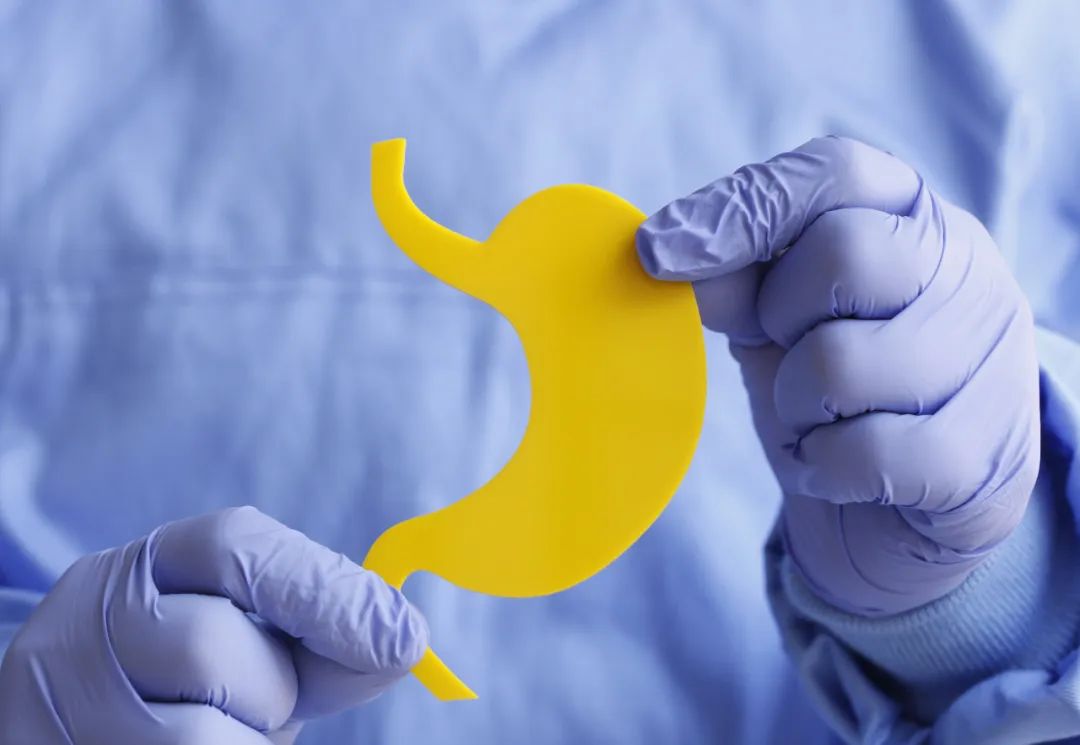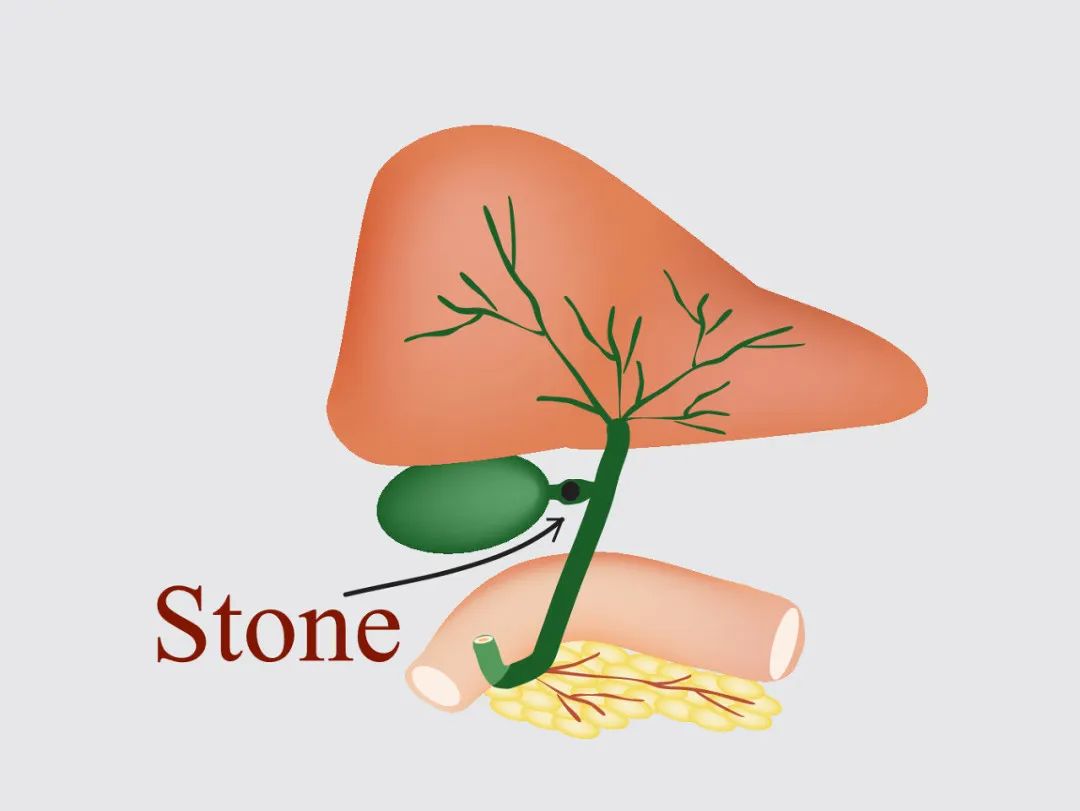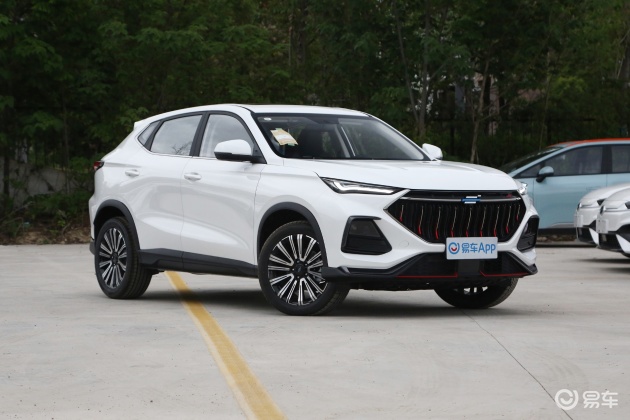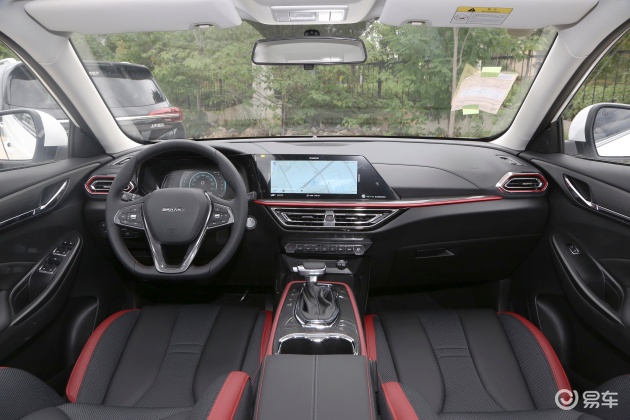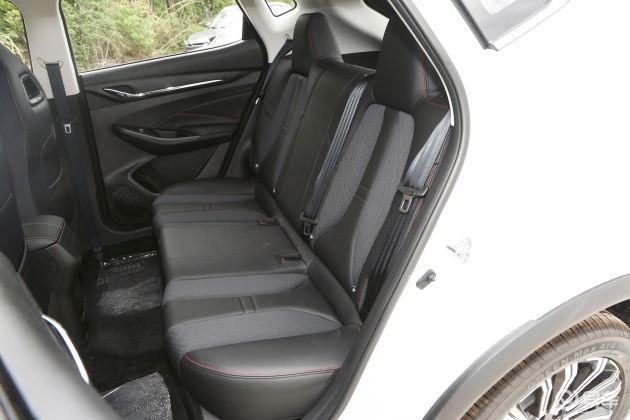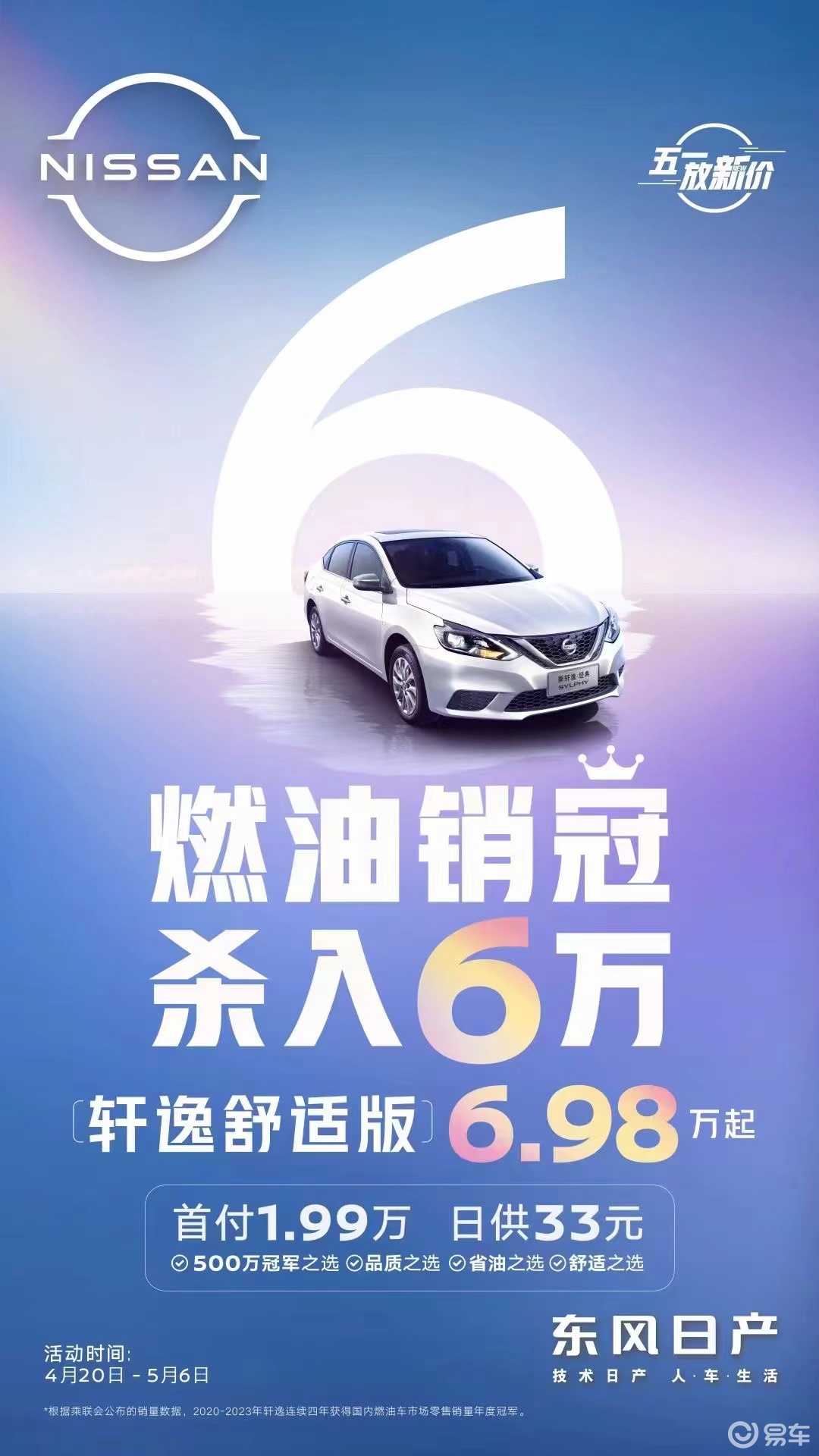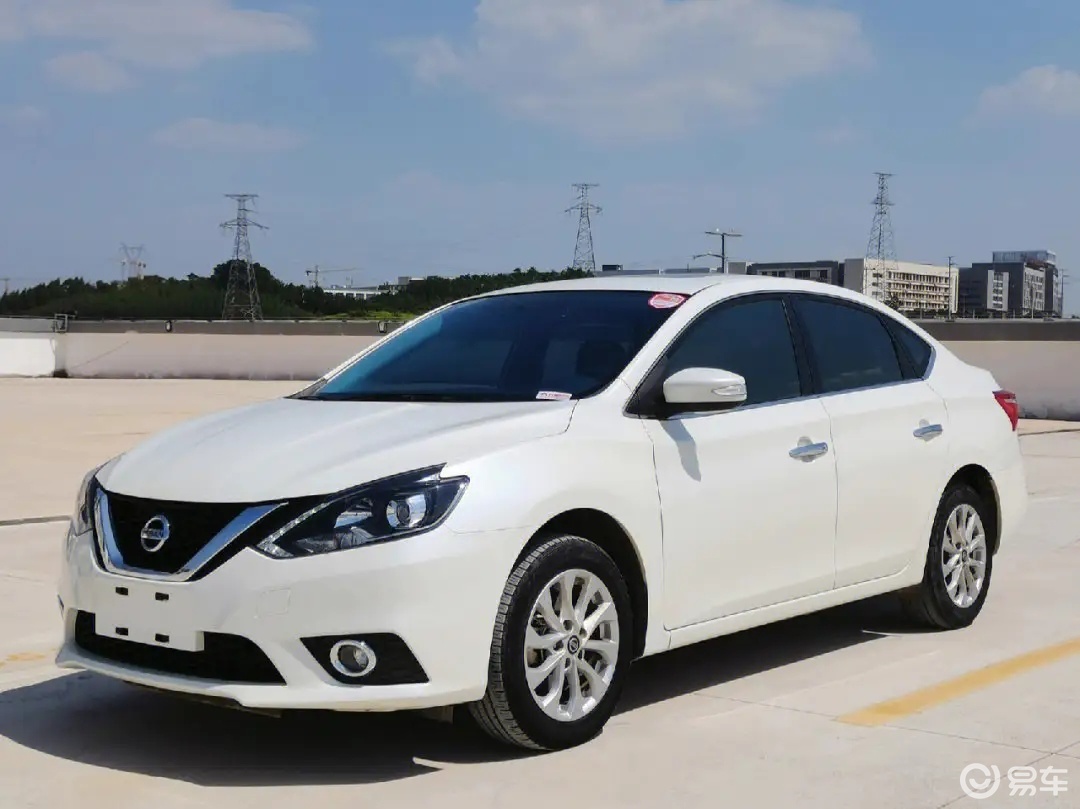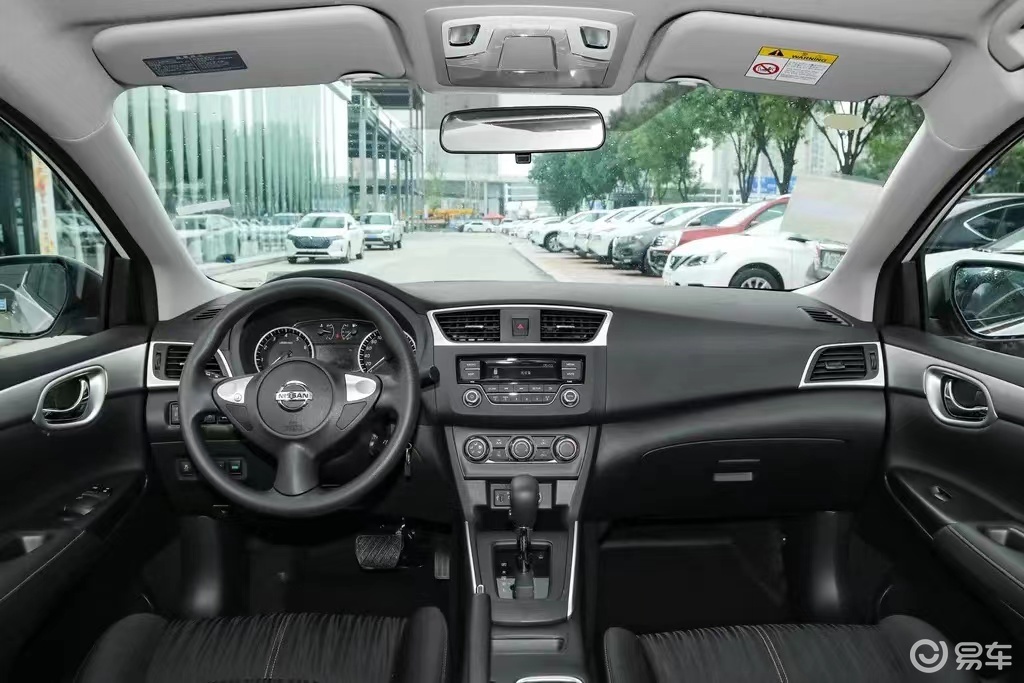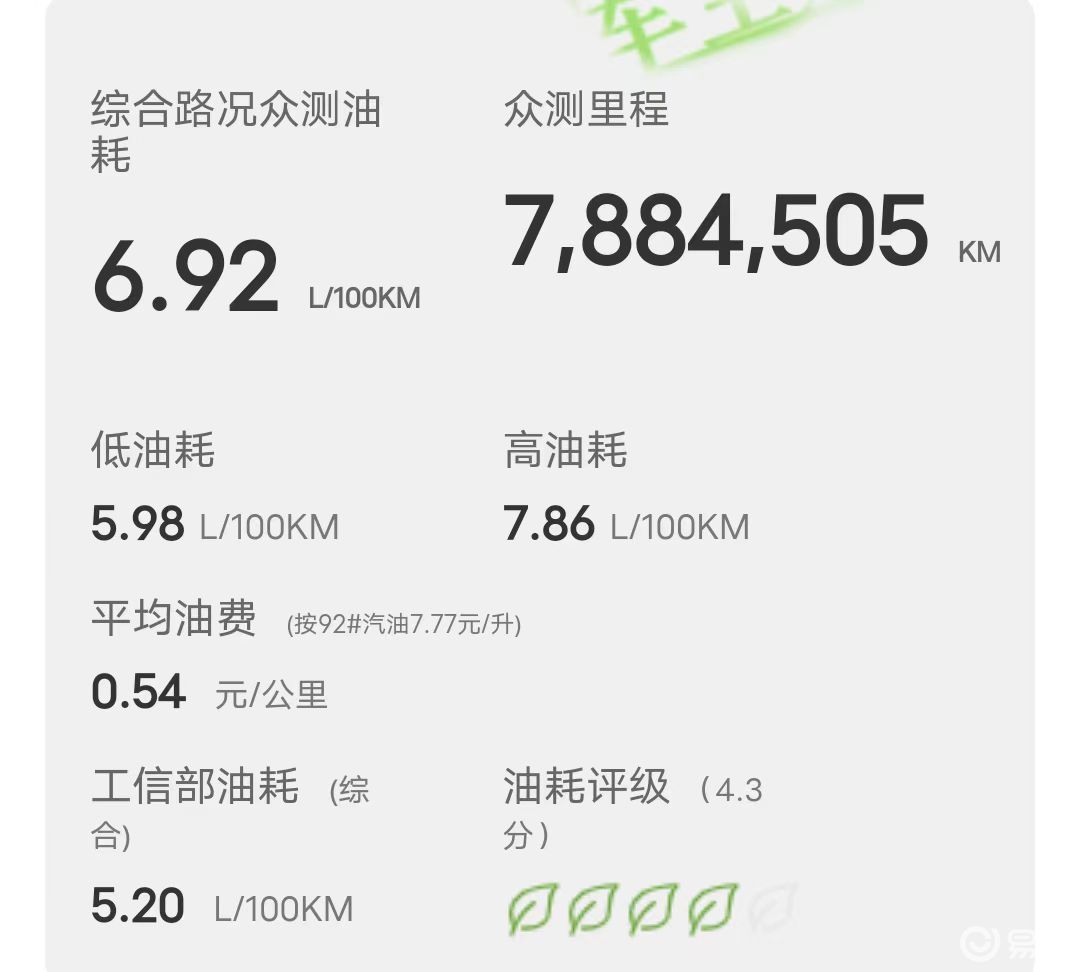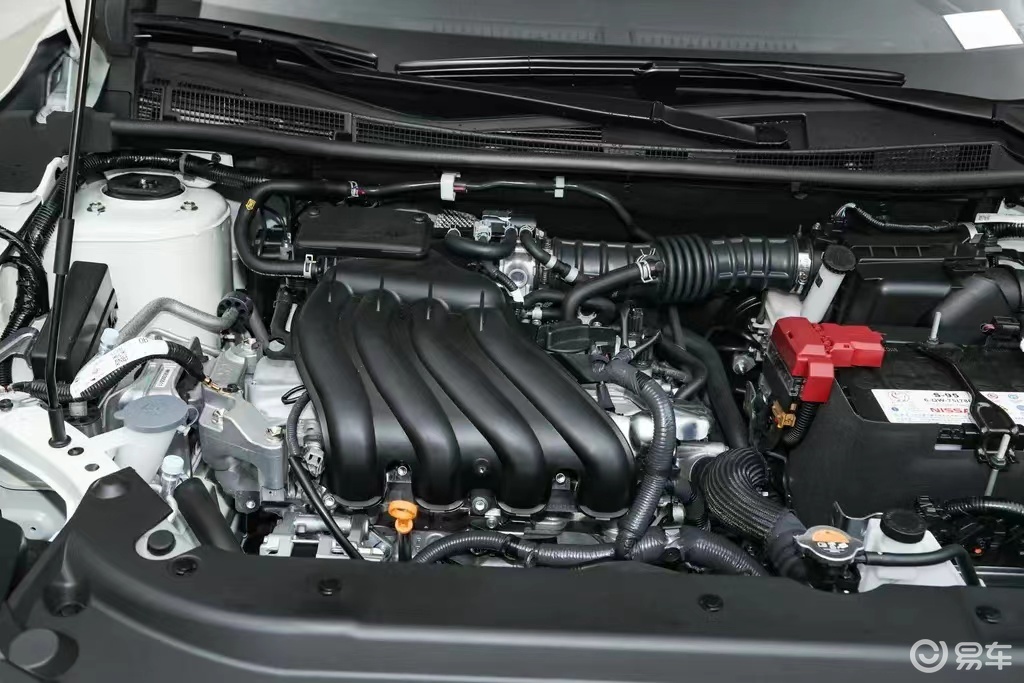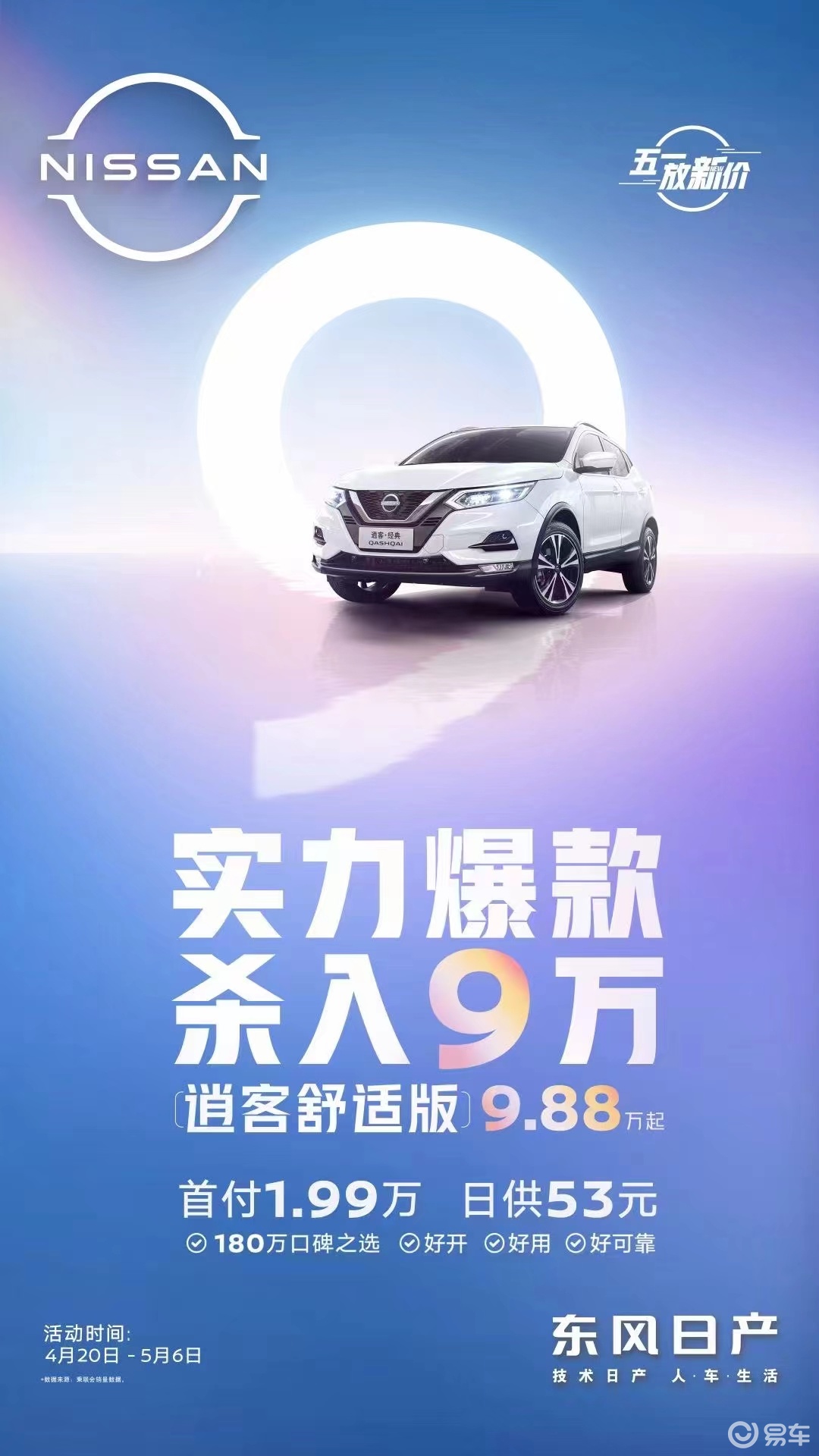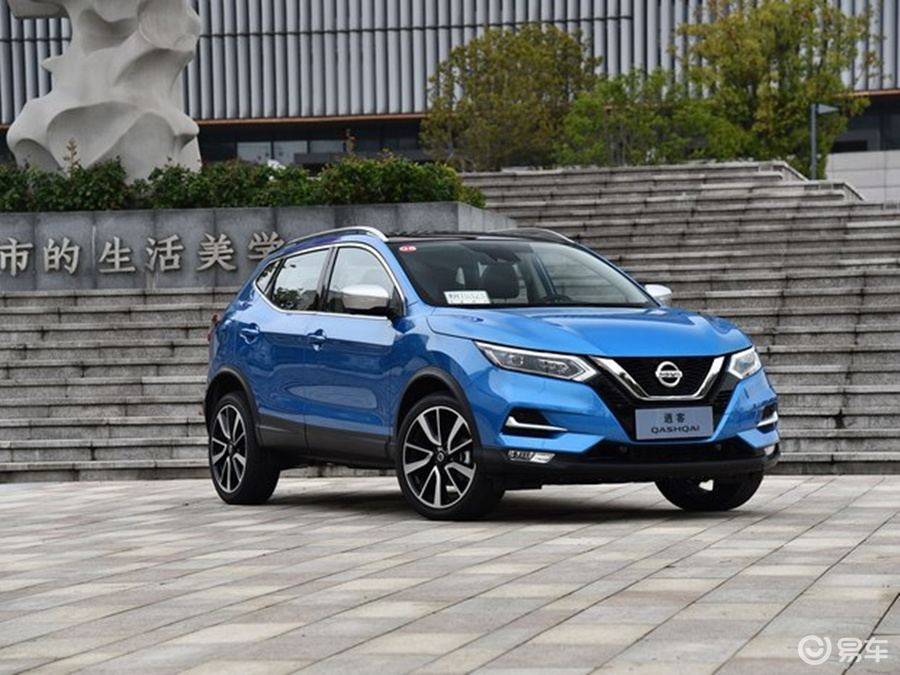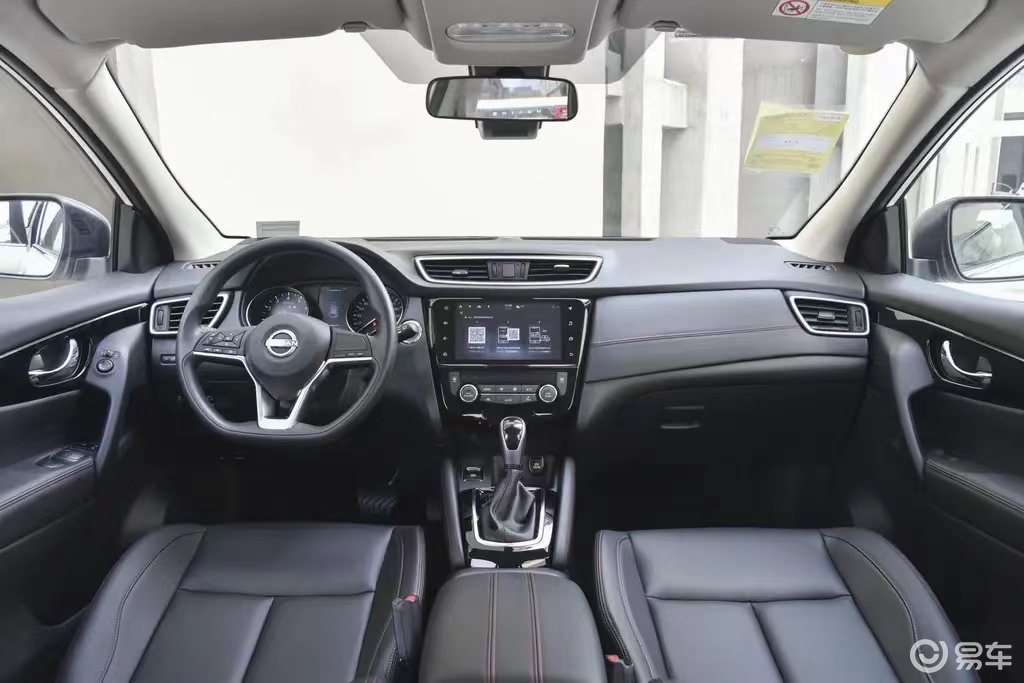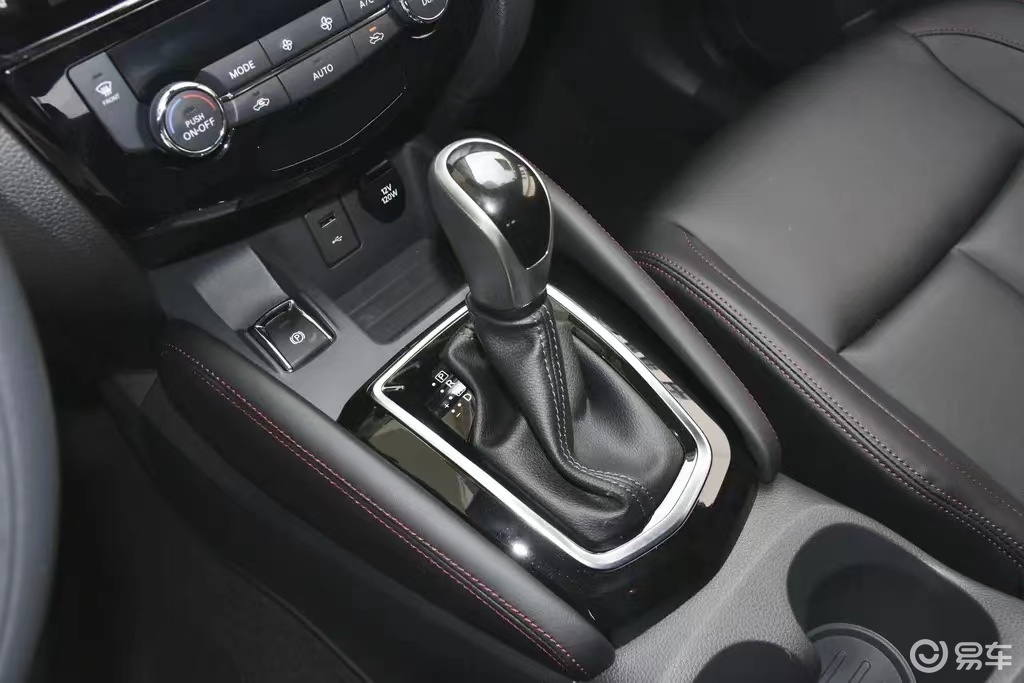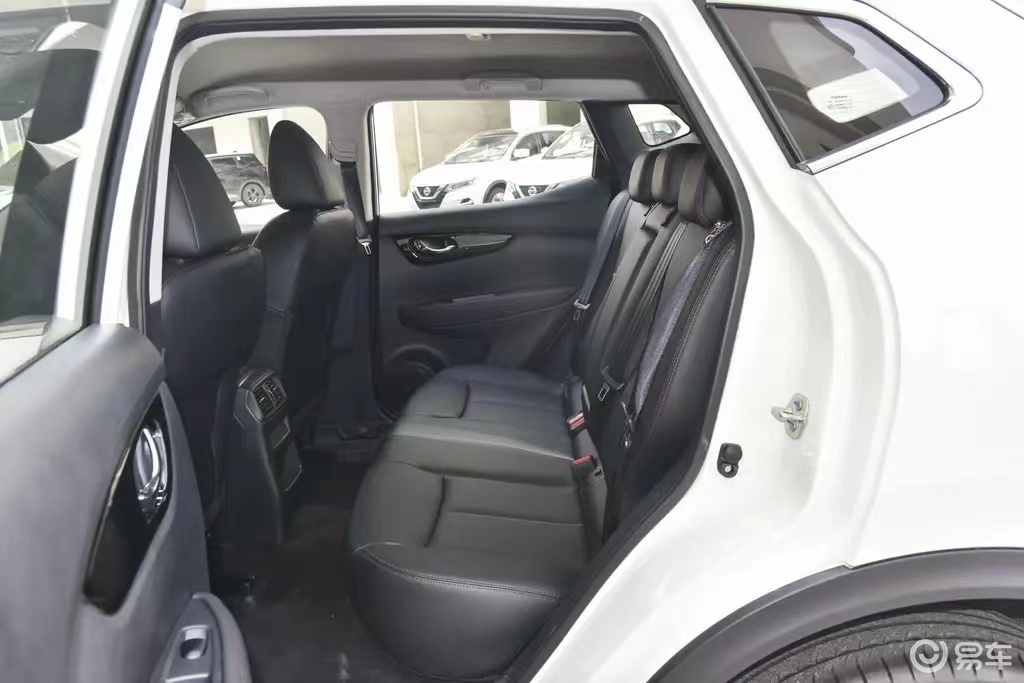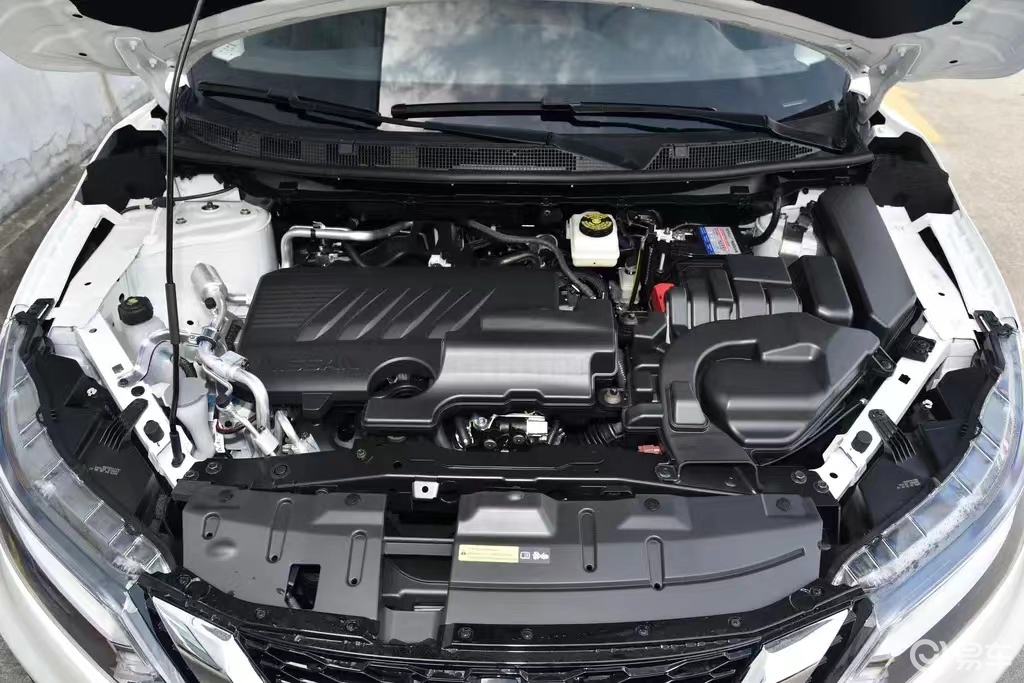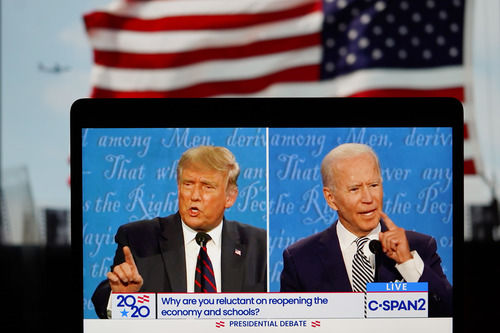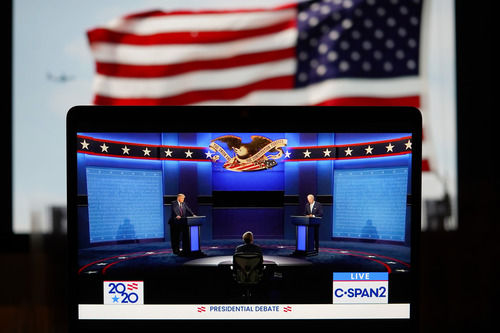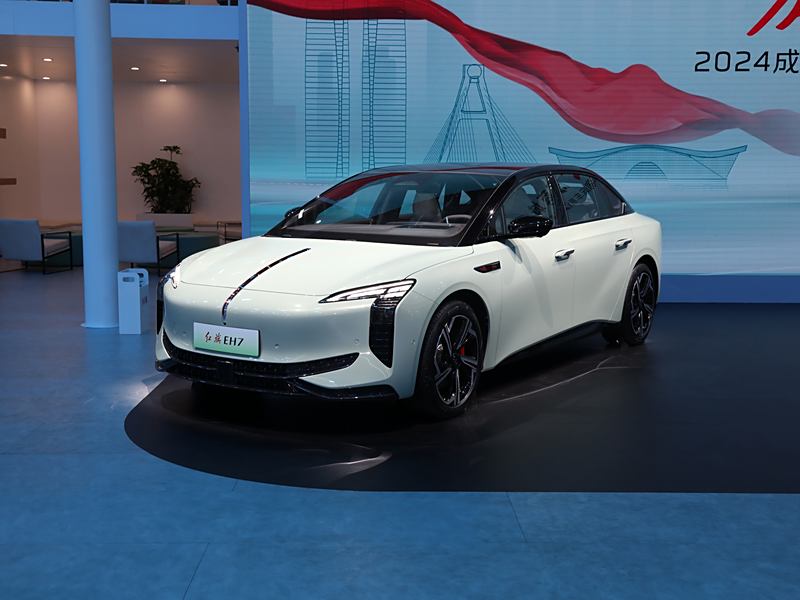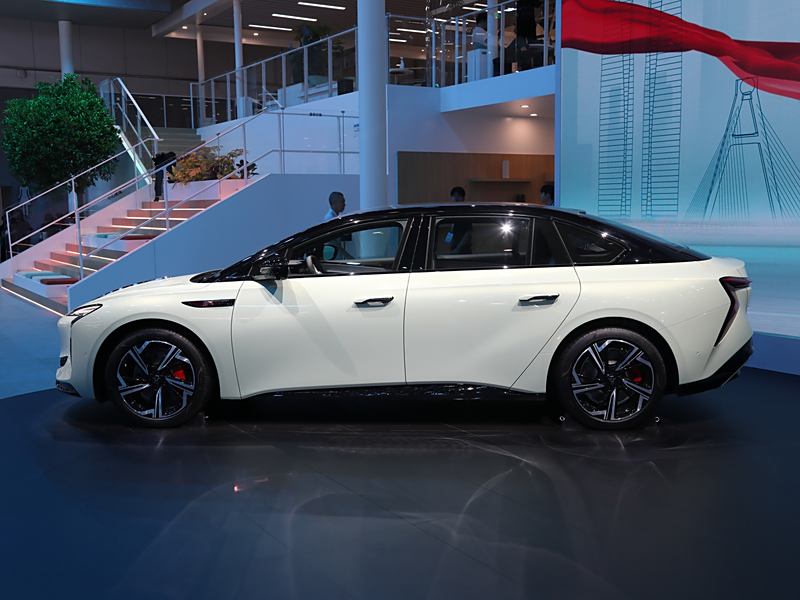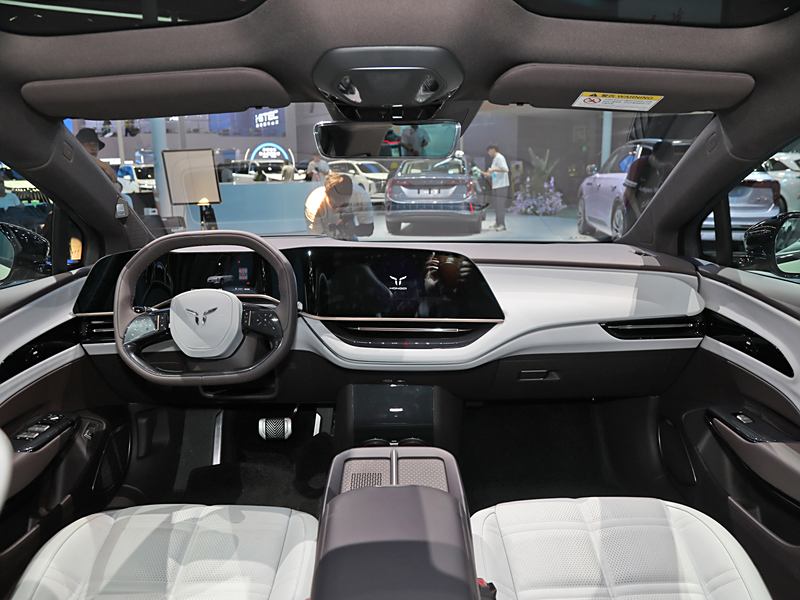Authors: Liu Chuqun and Xia Xuesheng (professors and doctoral students of Jiangxi Normal University respectively)
editorial comment/note
The ninth day of the ninth lunar month is the traditional Chinese festival "Double Ninth Festival", and it is also the "China Elderly Festival". In recent years, China’s population aging presents the situation and characteristics of large quantity, fast speed, great difference and heavy task. The state has issued a series of development plans, and defined the strategic objectives and implementation steps of active aging. The language life of the elderly is related to their quality of life and physical and mental health. It is the basic condition for the elderly to enjoy a happy old age and needs more social attention.

Li Na/painting
Aging has a global trend in contemporary times; Caring for the life of the elderly is a topic of universal significance. China is a country with a large population of elderly people, with the population over 60 years old reaching 260 million. The fourth sampling survey on the living conditions of the elderly in urban and rural areas of China shows that the living conditions of the elderly in China are generally good. The family status of the elderly is relatively stable, and their independence and discourse power are high; Living conditions are good, most of them have independent rooms, and the electrical equipment in the rooms is relatively modern; There are various leisure ways, including traveling, chess and cards, reading books and newspapers, walking and chatting, planting flowers and keeping pets, etc. Neighborhood relations are harmonious, and they often walk around and help each other.
The above survey reflects the overall living conditions of the elderly, but it still lacks the necessary attention to the language life, the core content of the elderly life. Language life, in short, is all kinds of social activities and personal activities carried out by using language as a bridge. The quality of language life has an important influence on the living conditions, quality of life, mental state, mental health and physical and mental pleasure of the elderly.
Language living conditions of the elderly
In order to understand the real language life of the elderly, the author’s research group conducted a survey in more than 30 cities and rural areas in Jiangxi, Guangdong, Jiangsu, Chongqing and other provinces and cities in August 2022, and received 455 valid questionnaires. Among the questionnaire samples, 48% were male and 52% were female. Rural areas account for 46%, and urban areas account for 54%. Among them, 31% of urban elderly people come from rural areas to cities to help their children look after their children and do housework. 30% are 60 ~ 65 years old, 25% are 66 ~ 70 years old, 18% are 70 ~ 75 years old, 11% are 76 ~ 80 years old, 11% are 81 ~ 85 years old, and 5% are over 86 years old. Primary school education or below accounts for 60%, secondary school education (technical secondary school) education accounts for 31%, and university education or above accounts for 9%. On the whole, the respondents are low-educated and most of them are under 80 years old.
The survey found that there are some obvious deficiencies in the language life of some elderly people. In terms of language ability, most elderly people do not have language barriers in social interaction, but there are still 37% elderly people who often have language barriers caused by dialect differences in interpersonal communication outside their families. In terms of communication objects, the communication objects of the elderly in their daily lives are mainly middle-aged and elderly people, and the communication with young people, especially teenagers, is obviously insufficient. 83% of the elderly rarely communicate with teenagers, and 60% of the elderly even communicate with their children and grandchildren. 70% of the elderly said there was a generation gap in communication with middle-aged people, and 88% said there was a generation gap in communication with teenagers. In terms of speaking time and willingness to communicate, 46% of the elderly said that the daily speaking time was less than before, and 43% of the elderly said that their willingness to actively communicate was lower than before. In terms of network communication, many elderly people will use their mobile phones for shopping, information inquiry, social chat, entertainment, etc., and 41% of the elderly people interviewed said that they only use their mobile phones to make phone calls and can hardly do anything else; The elderly who can use WeChat account for 47%, but only 5% can use Weibo, email and other network applications. The vast majority of the elderly (88%) are still used to using the telephone to communicate. In terms of understanding buzzwords and new words, only 1% of the respondents said they were familiar with them, and 84% said they basically didn’t know them.
The survey results show that the limitations of the language life of contemporary elderly people are mainly as follows: cross-dialect communication is difficult, communication with younger generations is less, there is a generation gap with young people, the speaking time is reduced, the willingness to speak is reduced, digital products and new media are not familiar enough, and there is a distance between them and popular language and culture.
Physical and mental changes are important constraints.
Most elderly people are eager to keep up with the pace of language life, but some elderly people are unwilling to actively participate in social language life because of various objective conditions and subjective reasons.
Physical aging leads to the decline of cognitive ability and language ability, such as listening, vision, memory, pronunciation ability, vocabulary retrieval ability, topic control ability, fluency of language output, complexity of syntactic use, accuracy of language understanding, etc., which all decline with age, which makes the elderly (especially the very old) have practical difficulties in language use in social communication.
The change of social role has influenced the language living environment and wishes of the elderly. Everyone has to play many social roles in his life. These roles are usually arranged continuously, and each role is associated with a certain age or life stage. Aging will lead to the loss or interruption of some roles. For example, the elderly will change from the leading role of family, unit and society to a supporting role or even "no corner", which often becomes an important reason why some elderly people are unhappy or even self-enclosed. The elderly constitute a sub-cultural group. Members in the group can find a common language, and it is easier to know and realize themselves. However, there is a clear psychological distance from people outside the group, so the elderly often lack the subjective motivation to communicate with young people, and sometimes even deliberately avoid communicating with young people.
In addition, many elderly people who go to the city with their children have problems such as unfamiliar environment, few social opportunities caused by dialect barriers, single conversation object and narrow conversation topics, which may lead to intangible isolation and inner loneliness of the elderly, thus making them lack of healthy and colorful language life.
Work together to optimize the language life of the elderly
Physical aging is a natural law, but the psychological state can be adjusted. Only by overcoming the obstacles of subjective psychology can the elderly live a good language life, and families and society need to create convenient conditions for the elderly to live a good language life.
First, get rid of self-enclosed psychology and take the initiative to participate in communication.Old age is the most mature stage in life, with rich life experience and social experience, and accumulated a lot of tangible and intangible knowledge wealth. Schopenhauer, a philosopher, believes that the experience of the elderly gives them a holistic perspective to control the overall situation. Old people think comprehensively and deal with problems carefully, and can truly be far-sighted and far-sighted; The elderly are highly respected, deeply emotional and willing to contribute, and often become the core and pillar of units, collectives and families. The transformation of social roles has its objective inevitability. The elderly can actively participate in other forms of social interaction and reconstruct the new roles that are most suitable for them. This is the only magic weapon for the elderly to re-recognize themselves, maintain their vitality and improve their happiness index.
Second, actively carry out study and training to improve language ability.The elderly can choose appropriate language learning and training contents and methods according to their own basic conditions and hobbies. The common ones are: (1) Reading poems and prose aloud, which will not only help to exercise the function of pronunciation system, but also cultivate the body and mind. (2) Persist in reading and analyze some long and difficult sentences properly, so as to enhance the language processing ability. (3) Insist on telling stories, exercise memory ability and improve narrative ability. (4) Learning a second language can delay the decline of cognitive ability and language ability of the elderly. Many surveys show that, as one of several non-pharmacological strategies to improve the aging process and reduce aging defects, language learning training is not only helpful to improve the cognitive function and self-esteem of the elderly, increase social opportunities, but also significantly improve the sense of accomplishment and happiness of the elderly. It is a very important psychological treatment and rehabilitation tool.
Third, cross the digital divide and promote communication.Facing the dazzling application of mobile phones in the digital age, many elderly people fall into a deep digital divide, and travel, shopping, medical treatment, communication and access to information are greatly restricted. In fact, digital products also have their humanized side, and many mobile phone applications have launched old-age versions and large-character versions. Active use of digital products is of great help to the daily communication and language learning of the elderly, and can even become a "treasure chest" to delay aging. The elderly who have eliminated the digital barrier not only have a more convenient life, but also greatly enhance their self-confidence, and have a closer psychological distance with young people. For example, the elderly who often use friends circle and video chat have a fuller life, are more familiar with the joys and sorrows of young people, and also let young people know more about their hobbies, which invisibly enhances the feelings between generations.
Fourth, multi-parties care together to optimize the language life of the elderly.Respecting and loving the elderly is a fine tradition of the Chinese nation. An important way to practice the tradition is to help the elderly live a good daily life, including language life. In the family, young people should pay more attention to the psychological needs of their elders, introduce more anecdotes in life, and encourage the elderly to talk more and communicate more. If possible, they can also write memoirs, and don’t show boredom with the "nagging and nagging" of the elderly; Children and grandchildren who have lived in other places for many years can actively contact the elderly with the help of convenient modern communication means, which not only urges the elderly to talk more, but also makes the life of the elderly, especially the elderly living alone, less monotonous, and promotes the elderly to skillfully use digital products and promote the high-quality development of their language life. All enterprises, institutions and grass-roots communities should implement the national policy for the development of the cause of the elderly, provide convenient and suitable venues for the elderly, actively organize various cultural and sports activities for the elderly, and guide the elderly to go out often, make friends and chat more, so as to keep their body and mind happy. Academic circles should strengthen the research on the language of the elderly, explore the language characteristics of all kinds of elderly people and the language skills of communicating with them. In a word, the common care of the elderly by families, social organizations and academic circles is an indispensable external condition to ensure the elderly to live a good language life.
The living conditions of the elderly are an important indicator to measure social governance and social civilization. Living a good language life for the elderly is the basic condition for the elderly to enjoy a happy old age, which not only requires the elderly to participate in social activities with a positive attitude and actively integrate into the ever-changing times, but also requires all sectors of society to pay attention to caring for the elderly and create a warm family and social atmosphere for the elderly. "Mo Dao Sang Yu is late, and the twilight is still full of sky." Old age is a long life course, and no one can bypass this journey. May all old friends enjoy this wonderful sunset happily.
